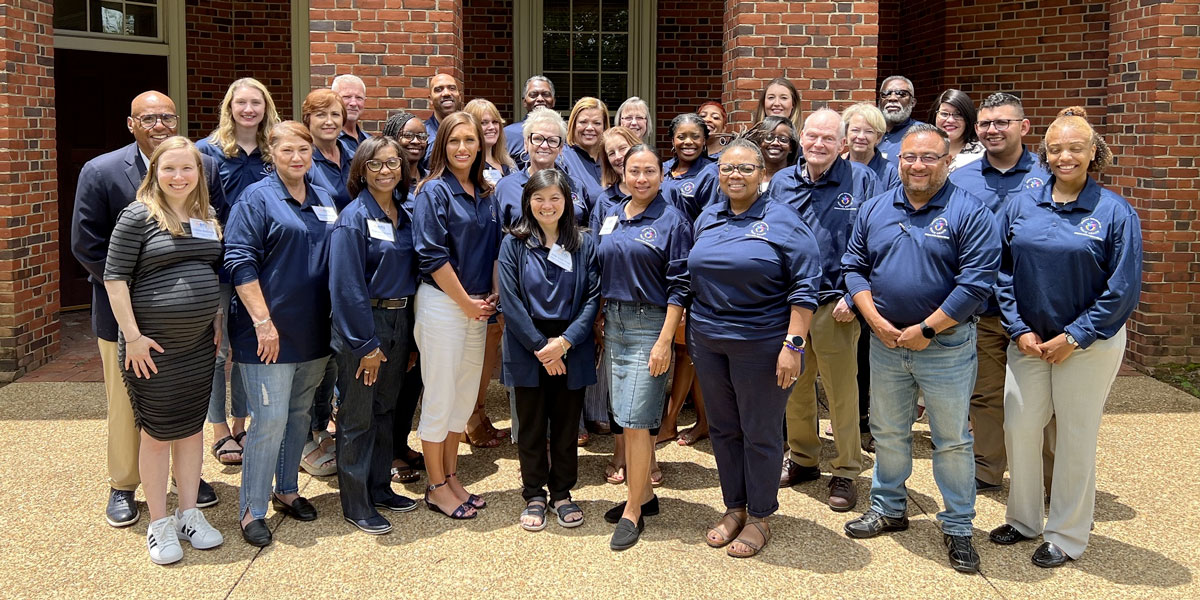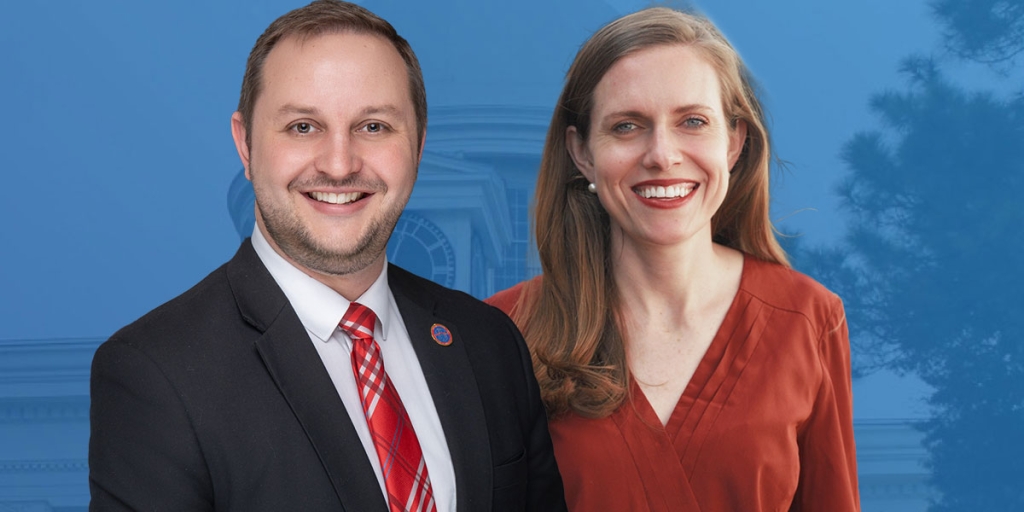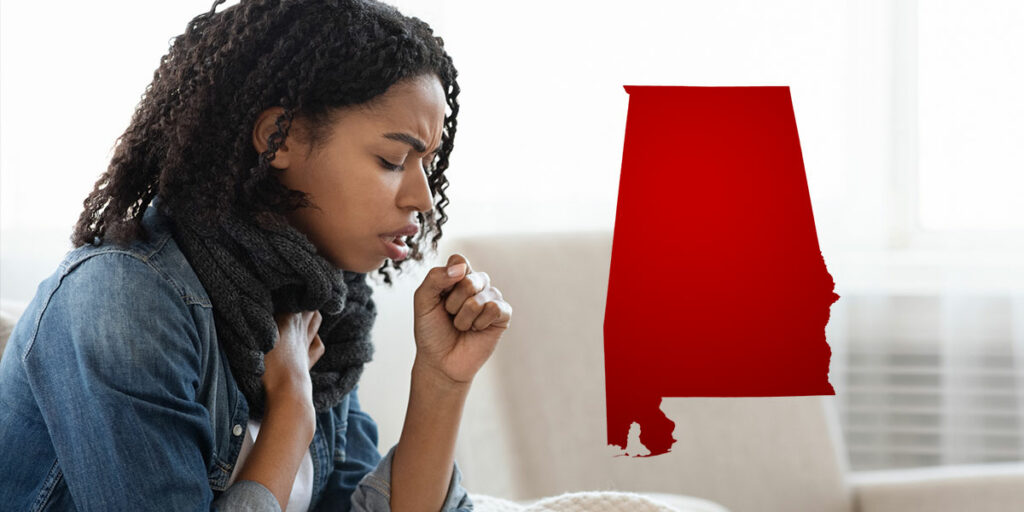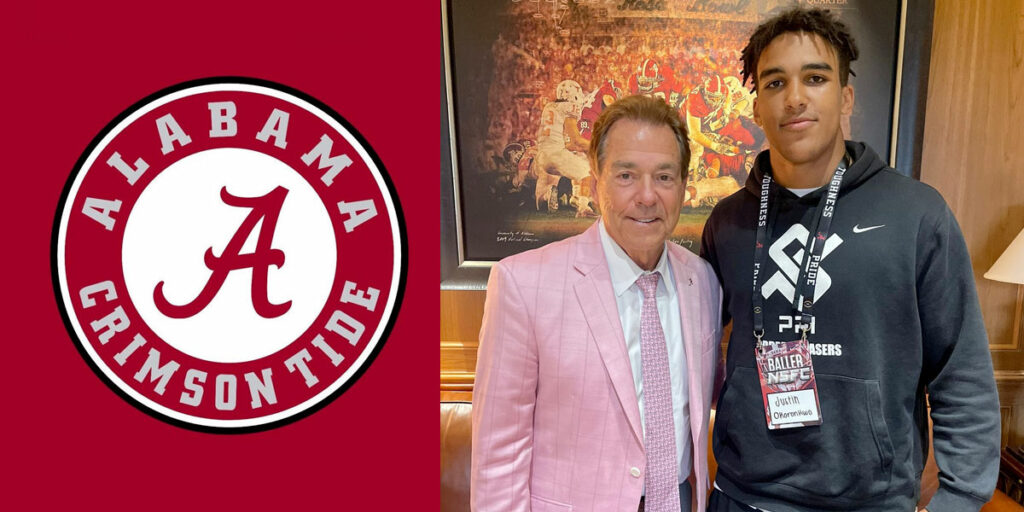The University of Alabama will increase its efforts to respond to what it calls rural health inequities which, according to it, are occurring in throughout the state, the university said Monday.
According to the university, these inequities are affecting millions of Alabamians everyday through financial suffering, lack of educational assistance, delayed treatment for health issues, and limited access to mental health services. The push to address the issue was made even more urgent after the COVID pandemic exposed the disparity of services offered from community to community.
In order to further the effort, The Equitable Neighborhoods Initiative, led by the University of Alabama’s Center for Economic Development, is adding five communities to its group of 15 communities receiving funding. The Initiative receives its funds from the Centers for Disease Control and Prevention. The addition of the communities to the program comes after a one-year, $3.7 million extension of the original grant was established.
“The Equitable Neighborhoods Initiative has already made significant strides in addressing health disparities exacerbated by COVID-19 in participating communities,” said Dr. Arturo Menefee, the project leader and interim executive director of the center. “This extension will allow us to equip more Alabama communities to leverage their assets to improve health equity and build capacity for a healthier future.”
The new communities in the initiative are Fayette, Guin, Sulligent, Prichard and Haleyville.
They join Bayou La Batre, Blountsville, Camp Hill, Coden, Collinsville, Crossville, Dadeville, Hobson City, Goodwater, Kilpatrick, LaFayette, Ma-Chis Lower Creek Indian Tribe of Alabama, Midway, MOWA Choctaw Indians, and Pittsview.
The communities in the first grant have developed health resource directories and hosted mental health first aid workshops. Many of the communities have hosted health fairs, clinics, and/or workshops centered around their community’s specific health concerns.
Austen Shipley is a staff writer for Yellowhammer News.













